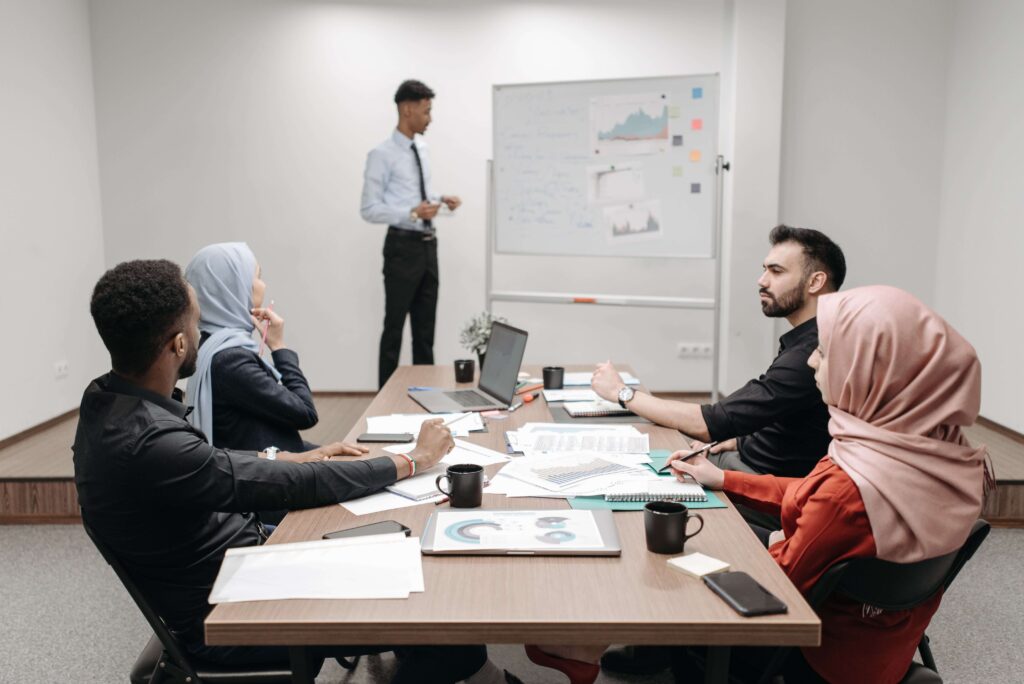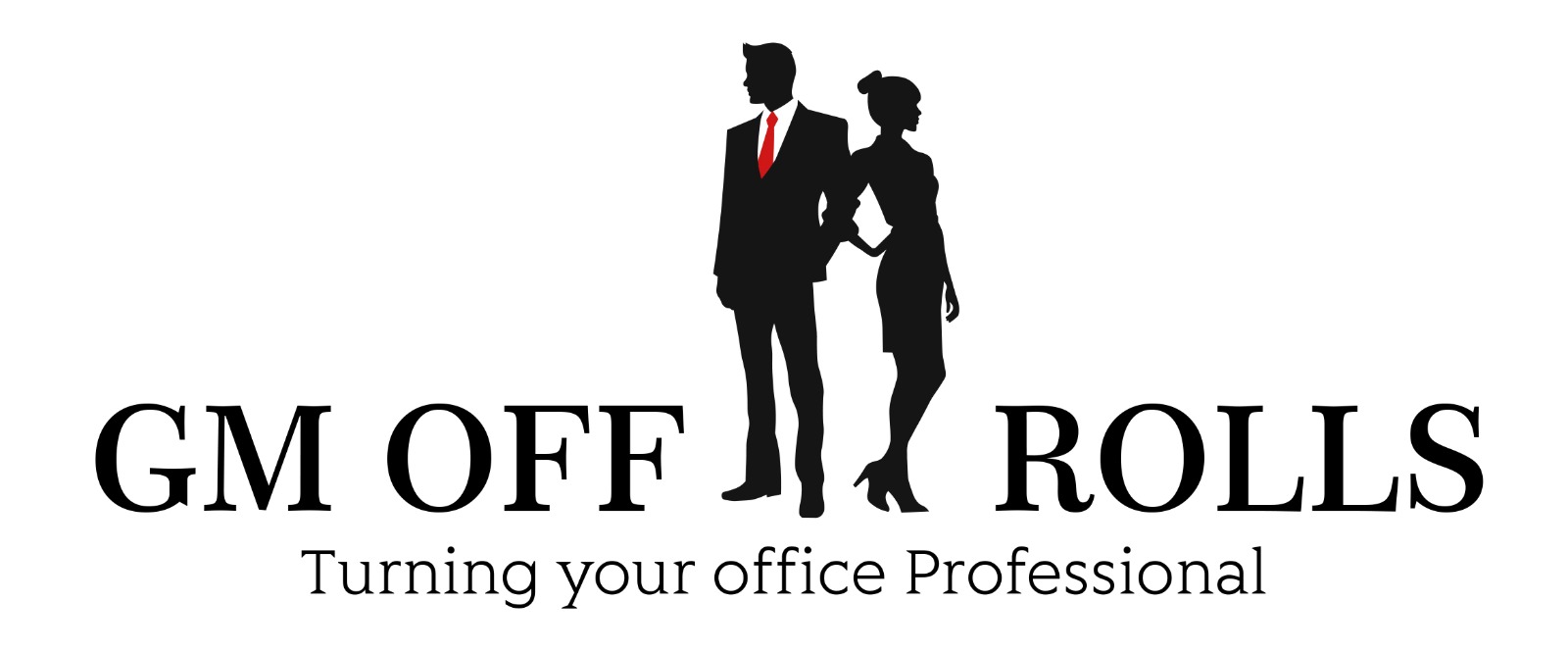Team management is a vital factor in achieving organizational goals. It involves coordinating efforts, maximizing strengths, and minimizing the weaknesses of team members. Effective team management leads to various benefits however there is nothing more disastrous than a mismanaged team or a team without a good leader.
A team may not be well managed due to various reasons, such as inexperienced or ineffective managers, lack of clear communication, inadequate resources or support, poor organizational culture, insufficient training or development opportunities, and a lack of defined roles and responsibilities. A good Manager even if he cannot take his team to success, should at least ensure that it is not mismanaged.

Table of Contents
ToggleNegative consequences of a mismanaged team management.
When a team is not well managed there are several negative consequences that can arise. Some of them are:
1. Decreased productivity:
Decreased productivity: Poor management can lead to confusion, lack of direction, and inefficiency within the team. This can result in missed deadlines, low-quality work, and reduced overall productivity.
2. Low morale and motivation:
Low morale and motivation: Ineffective management can create a negative work environment, leading to demotivated team members and decreased morale. This can result in decreased job satisfaction, increased absenteeism, and higher turnover rates.
3. Communication breakdown:
Communication breakdown: Inadequate management can lead to communication gaps and misunderstandings within the team. This can hinder collaboration, cause conflicts, and result in errors or delays in completing tasks.
4. Lack of accountability:
Lack of accountability: Without proper management, team members may not have clear roles, responsibilities, or expectations. This can lead to a lack of accountability and ownership of work, causing a decline in individual and team performance.
5. Missed opportunities for growth and development:
Missed opportunities for growth and development: Ineffective management may neglect to provide necessary training, guidance, and feedback to team members. This can hinder their professional growth and development, limiting their potential and overall success.
6. Increased conflicts and tension:
Increased conflicts and tension: Poor management can contribute to interpersonal conflicts, favoritism, or unfair treatment within the team. This can create a toxic work environment, hampering collaboration and hindering team cohesion.
7. Negative impact on organizational goals:
Negative impact on organizational goals: Ultimately, if a team is not well managed, it can negatively impact the achievement of organizational goals. This can result in financial losses, missed opportunities, and damage to the company’s reputation.
Therefore, it is crucial to prioritize effective management practices to ensure a well-functioning and successful team.

What is Team Development?
Team development refers to the process of enhancing the effectiveness and cohesion of a group of individuals working together towards a common goal. It involves various activities, strategies, and interventions aimed at improving communication, collaboration, trust, and overall team performance. Team development can include team building exercises, training programs, workshops, and regular feedback sessions. The goal is to foster a supportive and productive team environment where members can maximize their potential and work together synergistically.
Importance of Team Development:
Team development is very important in any organization. When employees work together as a team, they can achieve more than they would individually. Team development can improve communication, collaboration, and problem-solving skills. It can also increase productivity, job satisfaction, and employee retention. By investing in team development, organizations can create a positive work environment that fosters creativity, innovation, and growth.
How to develop a Team?
Developing a team involves a variety of strategies and activities that can help improve communication, collaboration, and overall performance. Here are some tips on how to develop a team:
1. Establish clear goals and expectations:
Establish clear goals and expectations: Ensure that everyone on the team understands what the team is working towards and what their role is in achieving those goals.
Importance of Team Development:
Developing a team involves a variety of strategies and activities that can help improve communication, collaboration, and overall performance. Here are some tips on how to develop a team:
Foster open communication:
Foster open communication: Encourage team members to share their thoughts, ideas, and concerns. Create a safe and supportive environment where everyone feels comfortable speaking up.
Build trust:
Build trust: Trust is essential for effective teamwork. Encourage team members to get to know each other on a personal level, and provide opportunities for team-building activities.
Provide training and development opportunities:
Provide training and development opportunities: Help team members build the skills they need to be successful in their roles. Offer training programs, workshops, and other opportunities for professional development.
Encourage collaboration:
Encourage collaboration: Foster a culture of collaboration, where team members work together to achieve common goals.
Provide regular feedback:
Provide regular feedback: Offer constructive feedback to team members on their performance, and encourage them to do the same for each other.
Provide training and development opportunities:
Provide training and development opportunities: Help team members build the skills they need to be successful in their roles. Offer training programs, workshops, and other opportunities for professional development.
Celebrate successes:
Celebrate successes: Recognize and celebrate team successes, both big and small, to build morale and motivation.

Benefits of Professional Team Management.
Some of the benefits of a well managed professional team are :
- Clear communication: Ensuring transparent and effective communication within the team, fostering understanding and alignment.
- Effective collaboration: Promoting teamwork and synergy to enhance cooperation and productivity among team members.
- Efficient resource utilization: Optimizing the allocation of resources, time, and skills to maximize efficiency and productivity.
- Increased accountability: Encouraging individual and collective accountability for tasks and outcomes, promoting a sense of ownership.
- Better decision-making: Facilitating informed decision-making through diverse perspectives and collective expertise.
- Improved productivity: Enhancing team performance and output through effective management practices.
- Increased employee satisfaction: Creating a positive work environment that fosters job satisfaction and engagement.
- Effective conflict resolution: Implementing strategies to address and resolve conflicts in a constructive manner, maintaining a harmonious team dynamic.
- Insight from different perspectives: Leveraging the diverse backgrounds and experiences of team members to generate innovative ideas and solutions.
By prioritizing effective team management, organizations can harness the full potential of their teams and drive success in achieving their goals.

HOW CAN GM OFF ROLLS HELP IN TEAM MANAGEMENT?
SERVICES OF GM OFF ROLLS - TEAM MANAGEMENT.
Team Management, is a 24×7 work with continuous monitoring and reworks to achieve the final destination. Here are some of the points we utilize while managing your team:
- Conduct daily meetings, virtually or in person, for both one-on-one and team discussions as required
- Daily report and progress discussion.
- Create a weekly work agenda to enhance productivity.
- Optimize team performance by managing software usage.
- Enhance team skills through training sessions and identify areas for improvement.
- Set team objectives or goals to strive towards.
- Optimize performance and maintain a positive work environment.
- Mediating interpersonal conflicts.
- Motivate and inspire team members to achieve success and parallelly provide growth opportunities for employees’ development.
- Handle hiring, training, evaluating, promoting, and firing processes as needed.
- Ensure effective communication with team members for clarity and understanding.
- Efficiently manage remote teams for productivity and success.
- Control and delegate work among team members.
- Empower the team to take ownership and responsibility.
- Conduct one-on-one assessments to analyze strengths, weaknesses, opportunities, and threats (SWOT).
- Implement a R3-TDB plan to rethink, redesign, and rebuild your approach.
- Groom the team for optimal performance.
- Perform competitor study and analysis to stay competitive.
- Provide standard operating procedures (SOPs) and assist in developing operational processes and company policies.
- Offer General Manager (GM) services.
GM OffRolls is a group of high end professionals with 20+ years of International and Domestic experience. Skilled in Leadership skills, Effective communication, Advanced time management, Objection handling, Problem solving, GM OffRolls are perfect to handle, motivate and train team to a higher professional mode.
Click the button below for:

